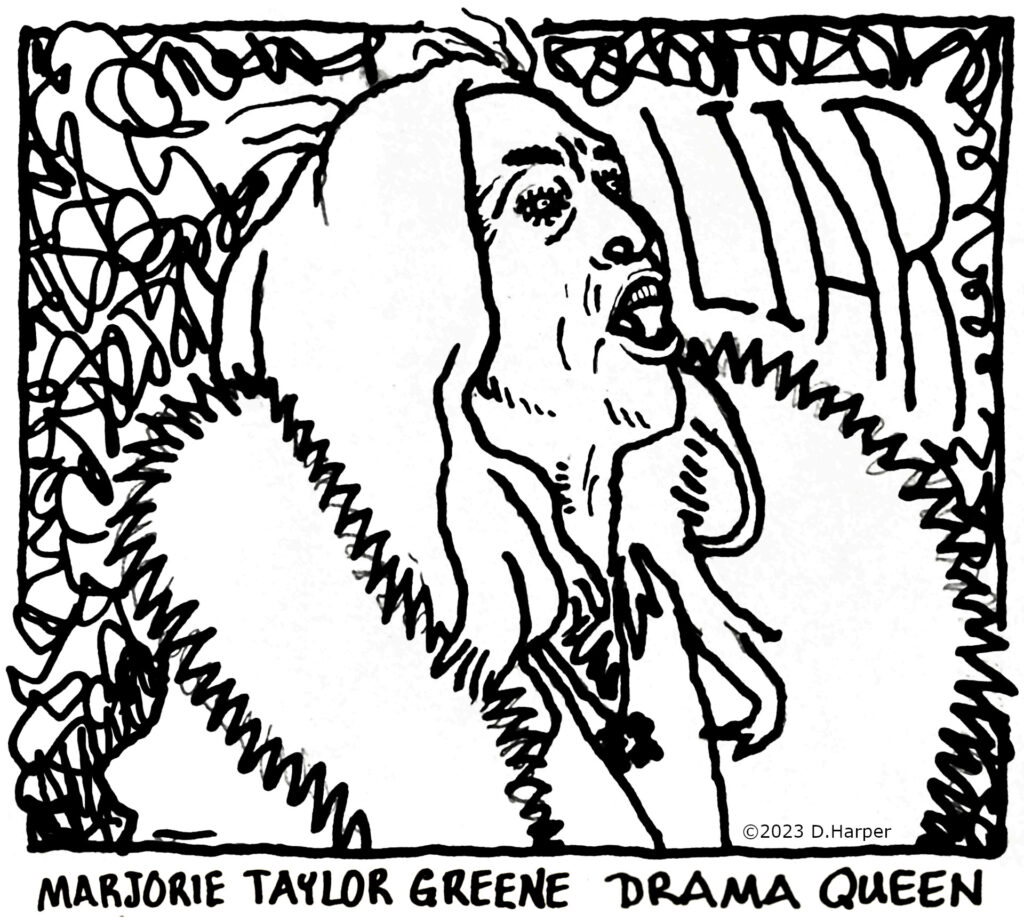I was thinking about using the well-known Theodore Parker quote in this Sunday’s service, the one that reads:
“Be ours a religion which, like sunshine, goes everywhere; its temple, all space; its shrine, the good heart; its creed, all truth; its ritual, works of love; its profession of faith, divine living.”
It didn’t sound quite right somehow, so I thought I’d check up on it. Did Parker write it, or is it simply something attributed to him?
First I searched his collected works for the phrase “Be ours a religion like sunshine.” Nothing. Then I searched his collected works for “sunshine.” Finally I found what I was looking for in Rufus Leighton, editor, The World of Matter and the World of Man: Selected from Notes of Unpublished Sermons (Boston: Charles W. Slack, 1865). It’s the last sentence of a one-paragraph sermon note which bears the title “Man’s Spirit Reported in His Physical Condition”:
“A man’s soul presently reports itself in his body, and telegraphs in his flesh the result of his doings in spirit; so that the physical condition of the people is always a sign of their spiritual condition, whereof it is also a result. I mean the bodily health of men, the food they eat, the clothes they wear, the houses they live in, the average age they reach,— all these depend on the spiritual condition of the people, and are a witness to the state of their mind and conscience, their heart and their soul. True religion, like sunshine, goes everywhere; or a false form of religion, like night and darkness, penetrates into every crack and crevice of a man’s life.” (pp. 76-77)
Hmm. This actually has a quite different meaning than the well-known Parker quote. It’s about “true religion,” not about “our religion.” And it’s about how religion affects the physical body. And it’s really just notes towards a proposed sermon, so it’s not really an idea that has been fleshed out.
Now, where does the rest of that well-know Parker quote come from? It comes from the book Spiritualism, chapter four of which is titled “Of the Party That Are Neither Catholics Nor Protestants.” This chapter begins by saying, “This party has an Idea wider and deeper than that of the Catholic or Protestant, namely, that God still inspires men as much as ever; that he is immanent in spirit as in space. For the present purpose, and to avoid circumlocution, this doctrine may be called SPIRITUALISM.” It’s important to note that by “spiritualism,” Parker did not mean the spiritualism that involves seances, communicating with the dead, or the Spiritualist Church of America. I supposed he meant Transcendentalism, but a Spirit-filled version thereof; I suspect he means something like a religion that is moved by the Spirit directly intuited.
In any case, Parker then goes on to tell us how his version of “spiritualism” may be defined. He says things like: “It relies on the divine presence in the Nature of Man”; and “It calls God Father and Mother, not King; Jesus, not brother; Heaven home; Religion nature.”
Parker then locates his version of “spiritualism” within what we today might call a post-Christian religion. He says, “The ‘Christianity’ it rests in is not the point Man goes through in his progress, as the Rationalist, not the point God goes through in his development, as the Supernaturalist maintains; but Absolute Religions, the point where Man’s will and God’s will are one and the same.” Now cone a series of further definitions, such as: “Its Source is absolute, its Aim absolute, its Method absolute. It lays down no creed; asks no symbol; reverences exclusively no time or place, and therefore can use all time and every place.” After a few of these defining sentences, we finally reach:
“Its Temple is all space; its Shrine the good heart; its Creed all truth; its Ritual works of love and utility; its Profession of faith a manly life, works without, faith within, love of God and man.”
Somehow phrases from this longer chapter got picked up and passed around, and mushed together. So in 1888, we get:
“One man may commune with God through the bread and wine, emblems of the body that was broken and the blood that was shed, in the cause of truth, another may commune through the moss and the violet, the mountain, ocean, or the scripture of the suns which God has writ in the sky. Its temple is all space; its shrine the good heart; its creed all truth; its Ritual works of love and utility, its Profession of Faith, a divine life.” (Everyday Helps: A Calendar of Rich Thought, compiled and arranged by L. J. and Nellie V. Anderson [Chicago: New Era Publishing Co, 1890], entry for May 24)
And gradually, over time, as different editors picked this up and altered it — and stuck on the bit about “be ours a religion” — we wind up with the familiar quotation. But that familiar quotation is really two quotations combined. Both of those quotations are taken out of context. The wording of both quotations has been substantially altered.
In short, I would no longer call this a Theodore Parker quotation. It’s Theodore Parker filtered through New Thought, and with much of the Transcendentalism removed. Or to put it in terms of a food metaphor, it’s Theodore Parker with much of the nourishment removed, and extra sugar added to make it more palatable; empty calories, in other words.
Final verdict: if you’re going to use this quote (and honestly, after finding all this out I’m hesitant to use it ever again), the best attribution would probably be “arranged from Theodore Parker.” Or maybe “based on Theodore Parker.”

